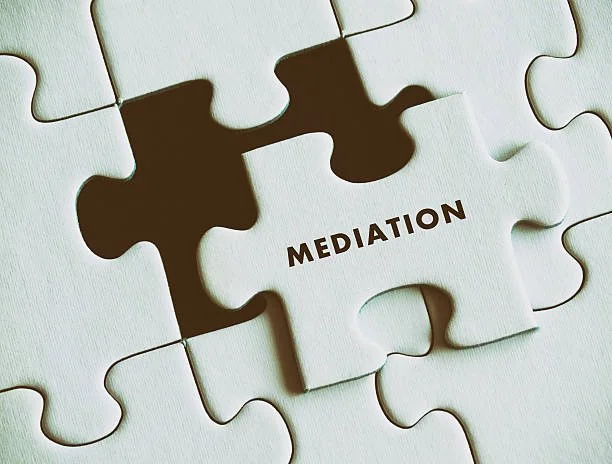Mediation is a popular alternative dispute resolution process used in family law cases, offering couples and families a way to resolve conflicts outside of the courtroom. The process is designed to be collaborative and less adversarial than traditional litigation, with the ultimate goal of helping parties reach a mutually acceptable agreement. A key figure in this process is the mediator, whose role is to guide the conversation and help both parties navigate the complexities of their dispute.
A mediator is a neutral third party trained to facilitate communication between people who are in conflict. They do not take sides or offer legal advice, but instead work to create an environment where both parties can openly discuss their issues, express their concerns, and explore potential solutions. While a mediator may have experience in family law, their primary function is to remain impartial and encourage cooperation, not to provide legal counsel.
One of the mediator’s most important tasks is to ensure that both parties feel heard and understood. Often, family law disputes are emotionally charged, and communication can break down, making it difficult for individuals to discuss their concerns rationally. A mediator helps to keep the conversation respectful, ensuring that both sides have an equal opportunity to express their viewpoints. They guide the process in a way that fosters cooperation, rather than confrontation.
The mediator also helps identify the core issues at the heart of the dispute. In family law cases, this often involves delving into complex and sensitive topics such as custody arrangements, financial matters, or visitation schedules. By helping both parties clarify their priorities, the mediator can assist in developing a more targeted approach to resolving the conflict. They may offer suggestions or help brainstorm options, but ultimately, it is up to the parties to decide on the terms of any agreement.
In addition to facilitating communication and clarifying issues, the mediator may help identify areas of compromise. Often, parties are not fully aware of the other person’s concerns or limitations, and the mediator’s role is to help uncover these aspects in a way that fosters mutual understanding. The mediator’s guidance can assist in finding creative solutions that may not have been initially apparent, allowing for a resolution that both parties are willing to accept.
While the mediator helps guide the process, the final agreement is completely up to the individuals involved. The mediator does not have the authority to make decisions or impose a solution. They work to help the parties find common ground, but the power to make decisions rests with them. This means that the parties must be willing to negotiate and collaborate, with the understanding that the mediator’s role is purely supportive and facilitative.
Once an agreement is reached, the mediator typically helps the parties document their decisions in a written agreement, which may be submitted to the court for approval in certain cases. The written agreement outlines the terms that both parties have agreed to, and it can be used as the basis for a formal court order, depending on the nature of the case.
It’s important to note that mediation is confidential. The mediator cannot disclose anything discussed during the session to outside parties, which encourages open and honest communication between the parties. This confidentiality creates a safe environment where individuals can freely express their concerns without fear that their words will be used against them later in court.
Mediation is not always the right solution for every family law case. If there is a significant power imbalance, a history of abuse, or one party is unwilling to participate in the process, mediation may not be successful. However, for many individuals, mediation offers an opportunity to resolve disputes in a more peaceful and less costly manner than traditional litigation.
In summary, the role of the mediator in family law mediation is to facilitate communication, help identify issues, and guide the parties toward a mutually acceptable agreement. By staying neutral and focusing on cooperation, the mediator helps individuals work through their disputes in a way that is respectful, confidential, and empowering. Mediation provides an alternative to the traditional court process, giving families the chance to reach their own solutions in a less adversarial setting.

